Temporarily losing your ability to breathe—also called sleep apnea—has been known to have unwanted health effects. It’s been found to increase inflammation in your body and disrupt metabolism. But its effect on your mood seemed inconsistent, until now. A new study has uncovered a clear link between sleep apnea and a higher risk of depression.
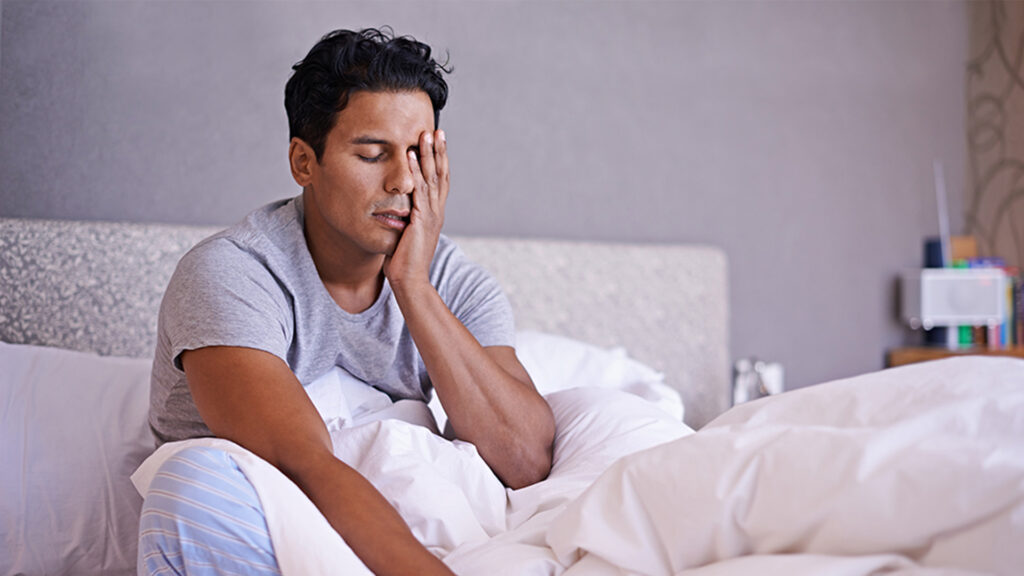
“Sleep is essential for maintaining good health; however, good quality rest can often be hard to come by for apnea sufferers. Sleep disturbances caused by disruption to breathing can heavily impact psychological functions, leading to poor concentration, judgment, and reduced ability to carry out day-to-day tasks,” says Dr. Randall Silver, a sleep physician and the CEO of Sleep Matters.
“The effects of these can extend into all aspects of a patient’s life, such as their work, close relationships, and social activities. Although a bad night’s sleep can leave many of us unmotivated to hit deadlines in the office or join our friends for an evening drink, the consistent battle of sleep deprivation for apnea patients can leave many with symptoms of depression such as feeling isolated and experiencing episodes of low moods,” Dr Silver adds.
Dr. Chris Winters, a neurologist, sleep specialist and host of the Sleep Unplugged podcast shares this view. “This research, and the research that has come before it, is very compelling. There is a lot to be said about the chronic sleepiness and exhaustion of sleep apnea playing into our mood, motivation and anxiety,” he says.
What Is Sleep Apnea and What are its Symptoms?
Sleep apnea is caused by airway closure and involves interrupted breathing during sleep which lasts for seconds to minutes. Interrupting breathing while you sleep causes a drop in oxygen and you could experience other symptoms such as snoring, headaches, daytime drowsiness, and concentration problems.
Two main types of the condition exist: central sleep apnea, caused by a lapse in brain messaging to the muscles responsible for breathing and obstructive sleep apnea, caused by airway blockage.
Continuous positive airway pressure (CPAP) therapy which delivers pressurized air and keeps the airways open through the night, is the most effective treatment for severe cases. Other lifestyle changes like weight loss, avoiding sedative medication and alcohol, and sleeping sideways can also help.
Untreated sleep apnea has been linked with numerous unwanted health effects including a higher risk of memory loss, high blood pressure, heart disease, diabetes and stroke.
What Does Previous Research Say About Sleep Apnea and Depression?
Previously researchers had imagined that sleep apnea could increase your risk for depressive symptoms. But the results were inconsistent.
Most studies showed depression was more likely in people with sleep apnea. But there had also been studies showing no association between the two conditions.
What Was the Conclusion of the New Study?
To find out, Chinese researchers examined the health data of 9, 817 individuals who participated in the National Health and Nutrition Examination Survey (NHANES).
It was a larger study than the previous ones, used population data, and was thus more likely to uncover any relationship.
New Evidence Supports Earlier Findings
The results showed that people with self-reported sleep apnea were more than two times more likely to have symptoms of depression. When researchers removed any factors that could cloud the results, they still found people with sleep apnea had a 136 percent higher chance of experiencing depressive symptoms than other people.
Also, the researchers found that the more severe the sleep apnea, the higher the risk of depressive symptoms. Consequently, people with milder sleep apnea had a lower risk.
People who were overweight or obese and had sleep apnea were also more likely to report symptoms of depression.
The researchers concluded that sleep apnea raises your chances of depression. And they advised that screening for depression be offered to all people with sleep apnea. They also noted that prompt diagnosis and management of sleep apnea could reduce the symptoms of depression and improve the quality of life for people with the condition.
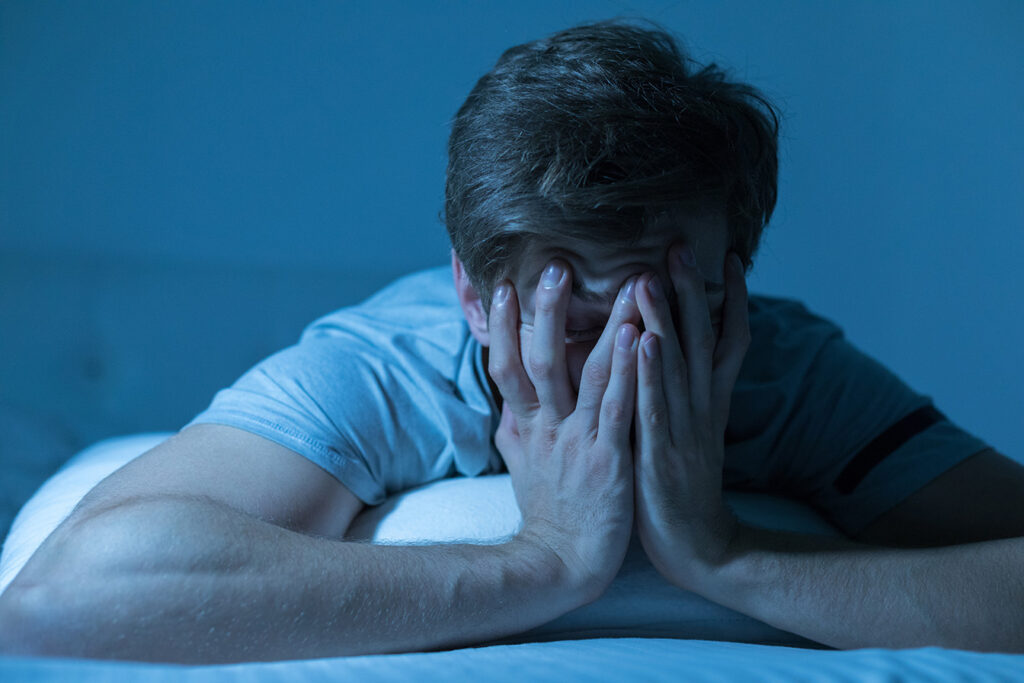
What Were the Parameters of the Study?
Even though this was a study that examined many people, it had limitations.
For one, it could not show that sleep apnea caused depressive symptoms. All it showed was a relationship. It is possible that something else caused the depression and it just happened to show up with the sleep apnea.
Secondly, the information was not observed, it was self-reported. Humans are notoriously bad at being objective about their habits and symptoms. While some people can exaggerate, others may refuse to disclose.
Lastly, the study couldn’t predict the symptoms people were more likely to have. The researchers concluded more research was required.
What Does the Research Mean for People With Sleep Apnea?
“For most patients living with both apnea and depression, targeting the sleep apnea may relieve the symptoms of depression or eradicate the condition, especially if the mental health issues are a secondary condition as a result of chronic sleep deprivation,” says Dr. Silver.
If you are experiencing symptoms suggesting sleep apnea seeing your care team is a good idea. Prompt diagnosis and treatment could help prevent or reduce symptoms of depression.
And help you lead a healthier life.
If you experience symptoms of depression such as low mood, low appetite, low interest in life and poor sleep, seeking medical attention can also help you get early, effective care.
What Does This Mean for Healthcare Providers?
Healthcare providers should also aim to screen people with sleep apnea for depression when providing care.
Sleep apnea care should include mental health to detect, prevent or treat depressive symptoms.
My Takeaway
Although earlier studies had seen a similar pattern while examining smaller groups this study is remarkable for its large size and depth of analysis. Findings from this study underscore the need to treat sleep apnea promptly and effectively for a sound body, sound mind and sound night’s rest.
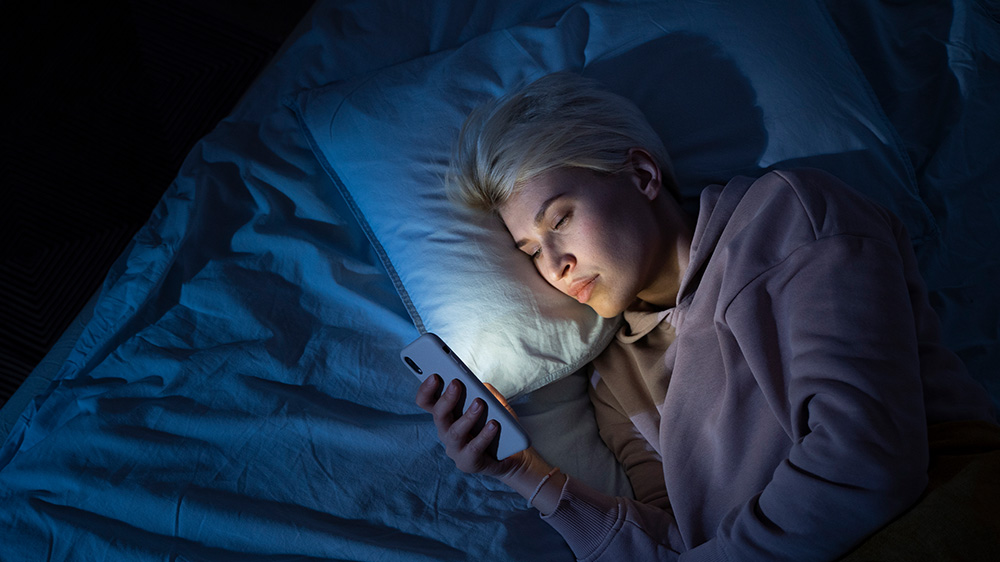
A.I. May Not Replace Sleep Doctors, But Apple’s Upcoming “Quartz” Feature Promises Similar Results
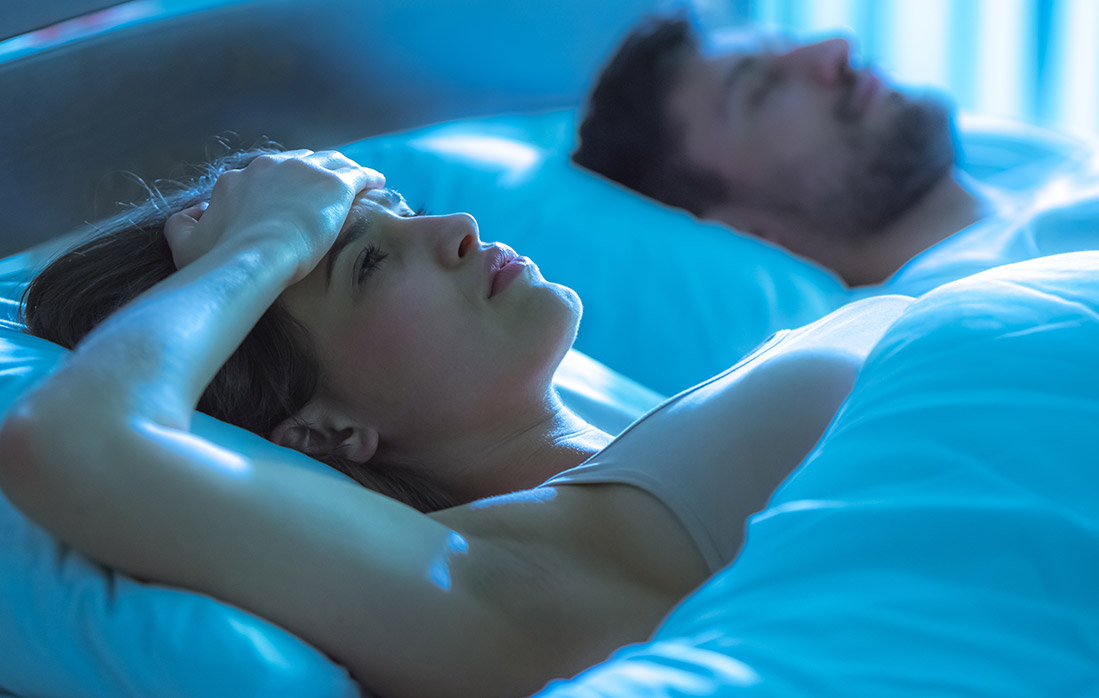
Viral TikTok on Sleep Fragmentation, and What to Do When You Wake Up in the Middle of the Night

Why TikTok Is Obsessed With Green Noise (Plus, the Best Noise for Every Sleeper)
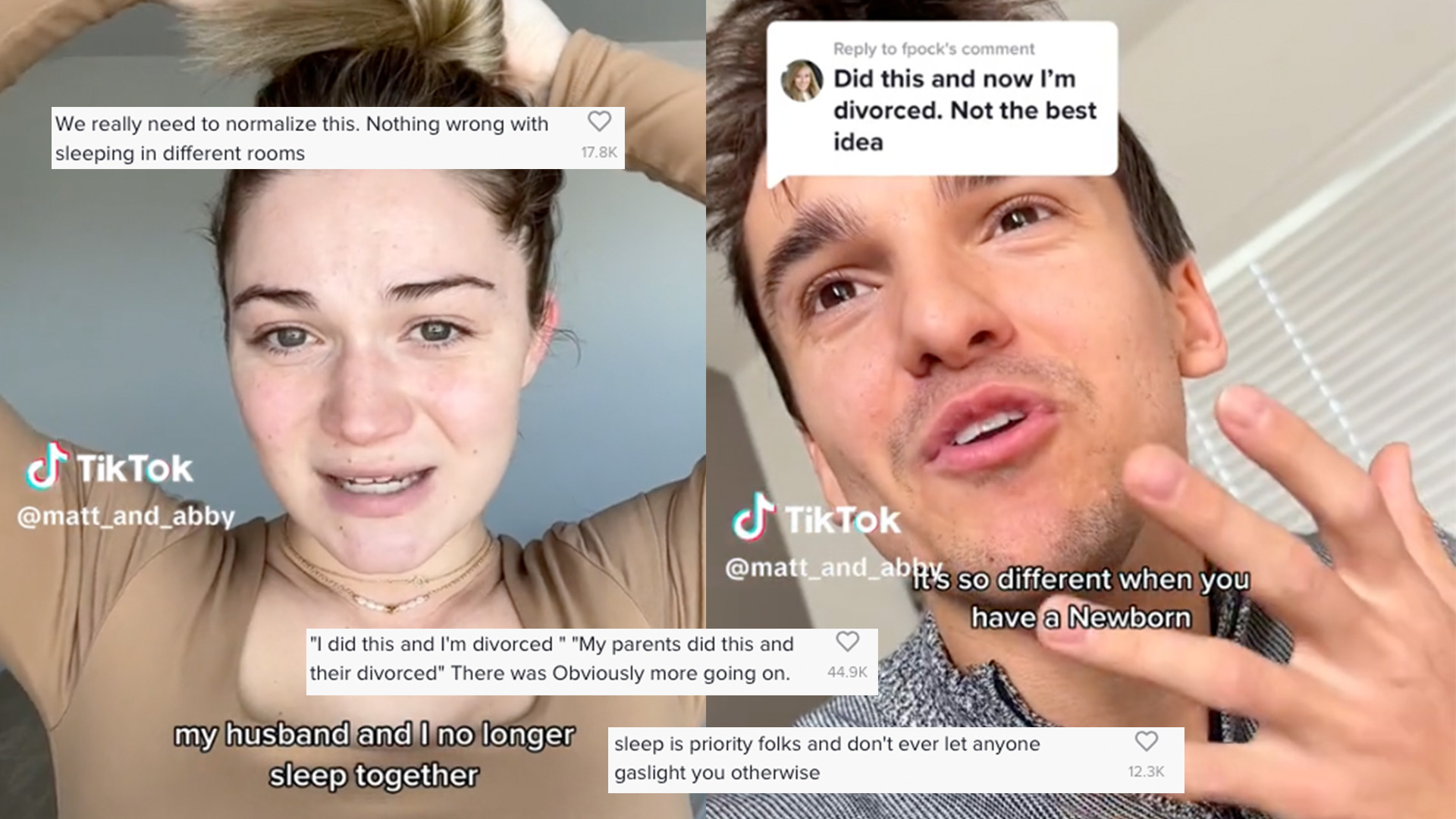
A TikTok Couple Tries a Temporary Sleep Divorce and the Internet Has Opinions
Sources
Li, M., Zou, X., Lu, H. et al. Association of sleep apnea and depressive symptoms among US adults: a cross-sectional study. BMC Public Health 23, 427 (2023). https://doi.org/10.1186/s12889-023-15358-8
Silver, Randall. Personal author interview. May 2024.
Winters, Chris. Personal author interview. May 2024.
Centers for Disease Control and Prevention (CDC). National Center for Health Statistics (NCHS). National Health and Nutrition Examination Survey Questionnaire (or Examination Protocol, or Laboratory Protocol). Hyattsville, MD: U.S. Department of Health and Human Services, Centers for Disease Control and Prevention, 1999-2022. https://wwwn.cdc.gov/nchs/data/nhanes/survey-contents-508.pdf
